That’s not typical.

One Nostalgia. Photo by Danny Fulgencio
An addict who eventually embarks on the sweet side of recovery often is grateful and says so to the person or people who helped him change his life.
That savior usually is not the owner of the neighborhood’s dive-iest dive bar.
The way Kent Smith, owner of One Nostalgia Place, helped this man, is especially special. It wasn’t some tough love, pull-yourself-together sort of attitude, but one of unconditional acceptance — non judgment, a smattering of odd jobs in exchange for a meal — for which the writer of the “Thank You” letter was grateful.
Smith isn’t sure what the best approach is to the city’s homeless issue, which often is associated with untreated substance dependence and mental illness, but he is in the thick of it. He is surrounded by Lake Highlands homeowners who approach the homeless population differently than he.
I frequently encounter people who are homeless in my East Dallas neighborhood; many live in the park across from Munger Church. I’ve talked to a handful of them. The few I’ve spoken with on multiple occasions — like the guy who calls himself “Bobby Brown” and his friend “Ray Charles”— I ask, what will you do when they kick you out of here?

Near Knox and Henderson, over Central Expressway. Photo by CH
It’s only a matter of time, as the neighborhood is gentrifying at the speed of light. Yes, daily I awake to the sound of a bulldozer. But I seem more concerned then they, who shrug and say they’ll just move along.
Anyway, it’s far easier to be pragmatic when you do not see the homeless all the time, when you don’t see how they form communities and friendships, sense their intelligence in areas of which you likely know nothing, laugh genuinely at their wit, watch them toss a scrap of food — something they really can’t spare — to a dog.
As Elissa Chudwin points out in her piece about One Nostalgia Place and the letter: “What Smith sees at One Nostalgia represents a greater problem. Based on data from the last homeless count, the number of people sleeping on the streets has increased by 23 percent. The City of Dallas’ Office of Homeless Solutions developed a four-part plan to decrease that number in August. Residents and Dallas City Council shot down one of the plan’s components to convert spaces like recreation centers into temporary shelters …”
Here’s the rest:
Since then, efforts seem to be at a standstill, and City staff rejected seven potential sites that council members suggested converting to homeless assistance centers.
The Skillman-Abrams intersection near One Nostalgia and other areas of northeast Dallas like Hamilton Park have watched the number of homeless increase. At a recent community meeting in Hamilton Park, neighbors complained that some were sleeping in their backyards.
Smith isn’t sure of a solution, but he’s face-to-face with the problem daily.
Smith doesn’t know if the man who wrote him will spend this Thanksgiving alone, if he’s sober or if he’s alive. He hasn’t heard from him since he received the letter.”
Afore info all considered, I very much understand the reasons hardworking Dallas-ites are fed up with some of the people living on the streets. Business owners lose customers when folks loiter or sleep on their steps. I’ve avoided a convenience store due to an unwillingness to deal with a person I knew to be a panhandler — multiple times. I’ve been threatened by an aggressive man begging for money. As with any population, members are good and harmless and troubled or downright mean or worse.
The owner of Jimmy’s Food Store, also here in Old East Dallas, is among those concerned that homeless trespassing/loitering around their businesses is worsening, who say calling police and prosecuting the offenders is their only option.
“I don’t really know the answer but I definitely think the Dallas police officers you have, to get them the authority, they need to protect themselves … protect the community,” Mike DiCarlo from Jimmy’s told CBS.
“We are doing it to the benefit of what the business community wants done and those residents that are living in the downtown area don’t want to step over somebody on there stoop,” Mike Mata, Dallas Police Association President, told the station and city council.
Officers told reporters they don’t like taking the homeless to jail but blame city leaders for not coming up with better options.


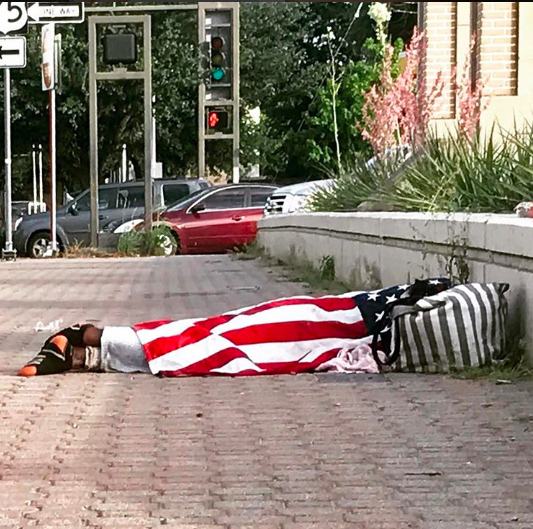
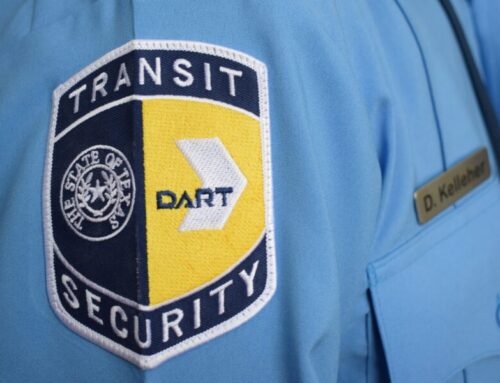
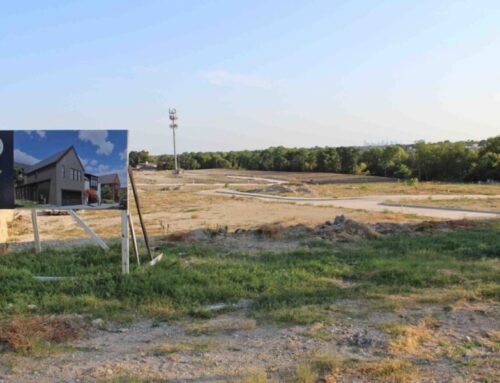
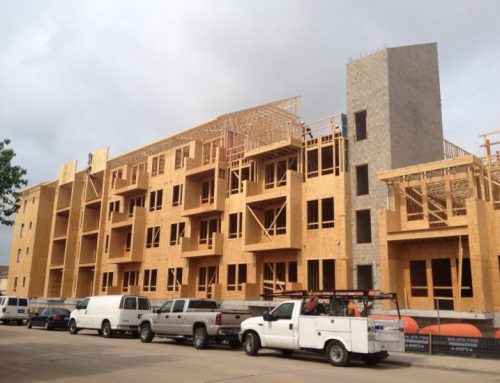
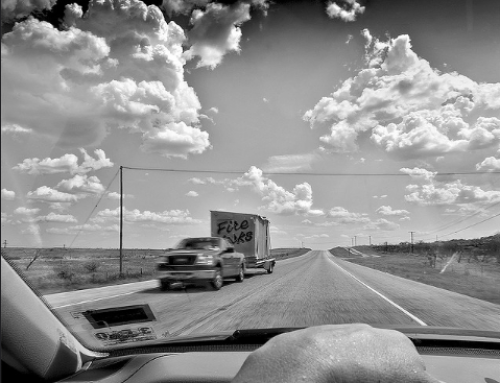
Leave A Comment